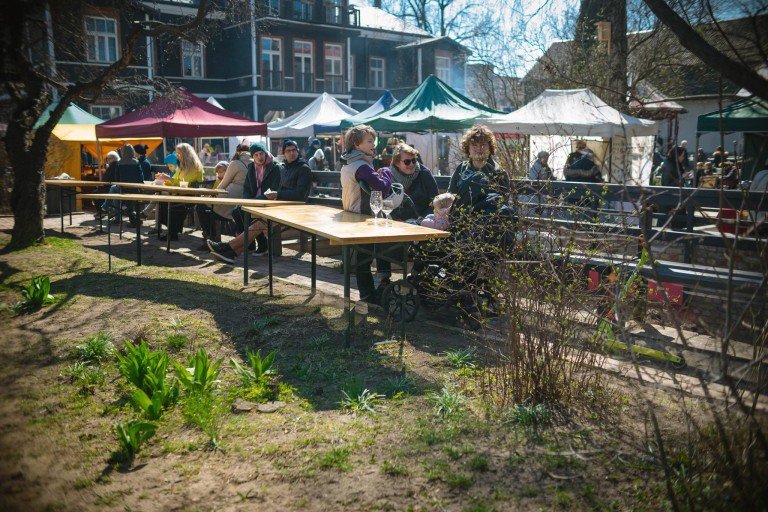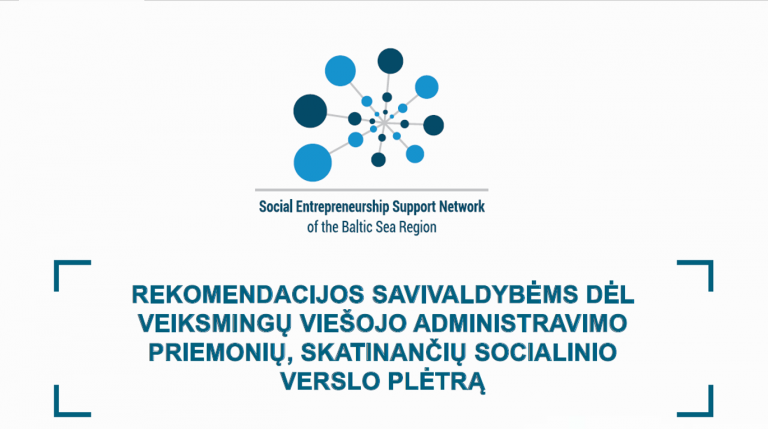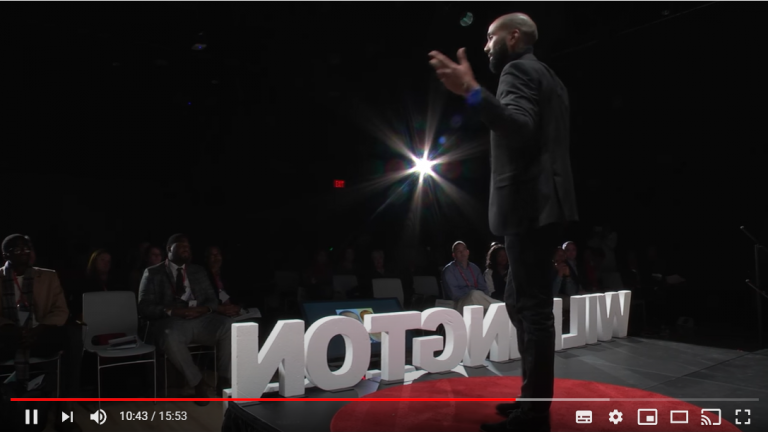The Impact of COVID-19 on Work Integration Social Enterprises
The COVID-19 pandemic has transformed the lives of millions of people around the globe in a very short period of time. The pandemic impacted not only people’s mental and physical health but also on their way of living and working. In order to halt the spread of the virus, diverse governmental measures have been put in place and consequently have led to unprecedented closure of workplaces across Europe and beyond. Reducing economic activity, and in most cases, bringing it to a standstill has led not only to increased unemployment, but has also put many jobs at risk.
In order to visualize the consequences of the pandemic on Work Integration Social Enterprises (WISEs) and to capture the immediate economic as well as social effects of the crisis, European Network of Social Integration Enterprises (ENSIE) launched a survey to collect feedbacks from its Members, WISEs Federations, around Europe. The aim was to investigate to what extend/degree the pandemic affected WISEs and how they reacted to such external ‘shock’. In total, 19 WISEs networks from 17 different European countries participated in the survey and provided valuable insights which are reflected in the report “The Impact of COVID-19 on WISEs“.
Source: http://www.ensie.org/wises-and-covid19











